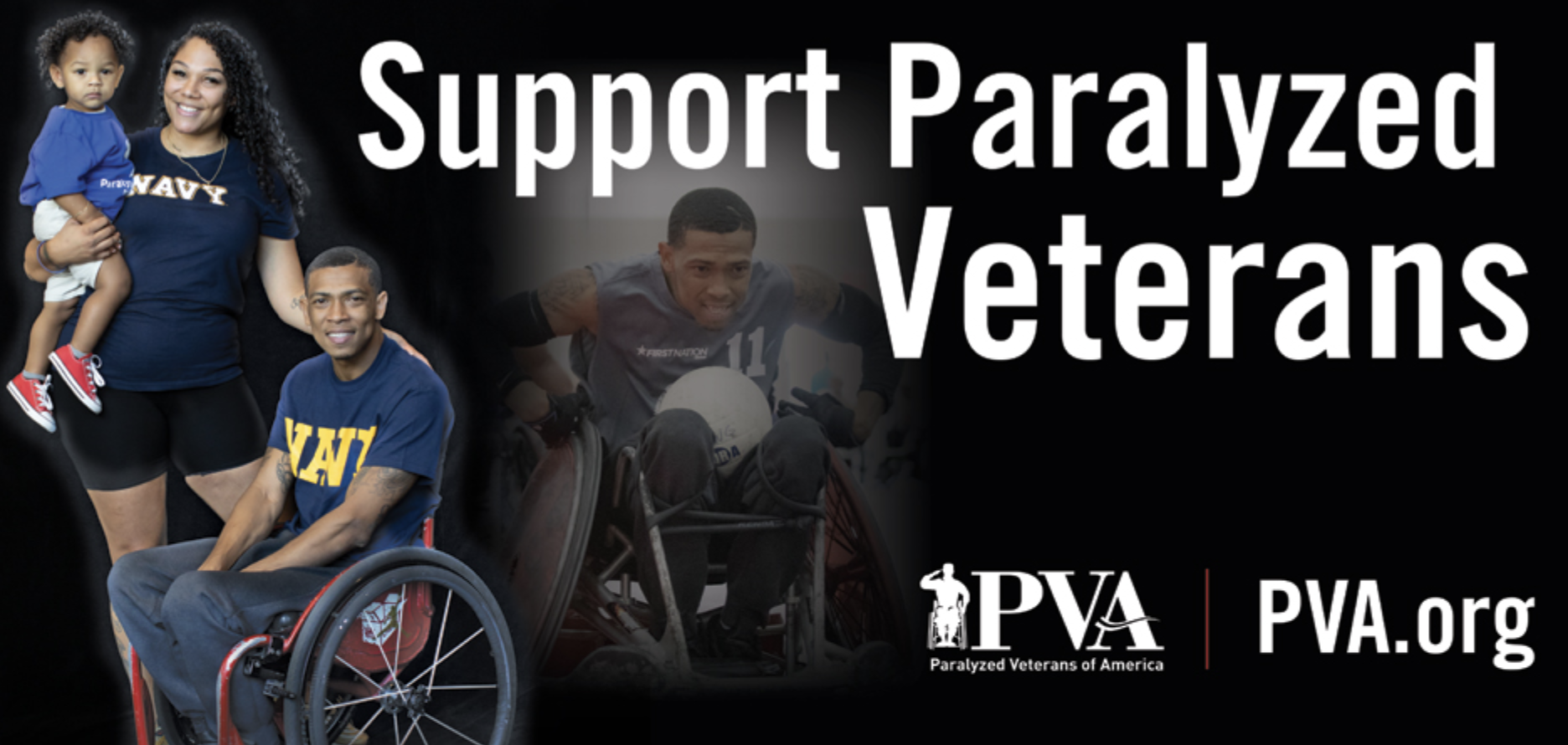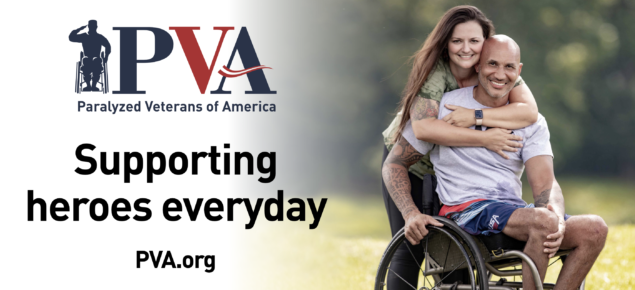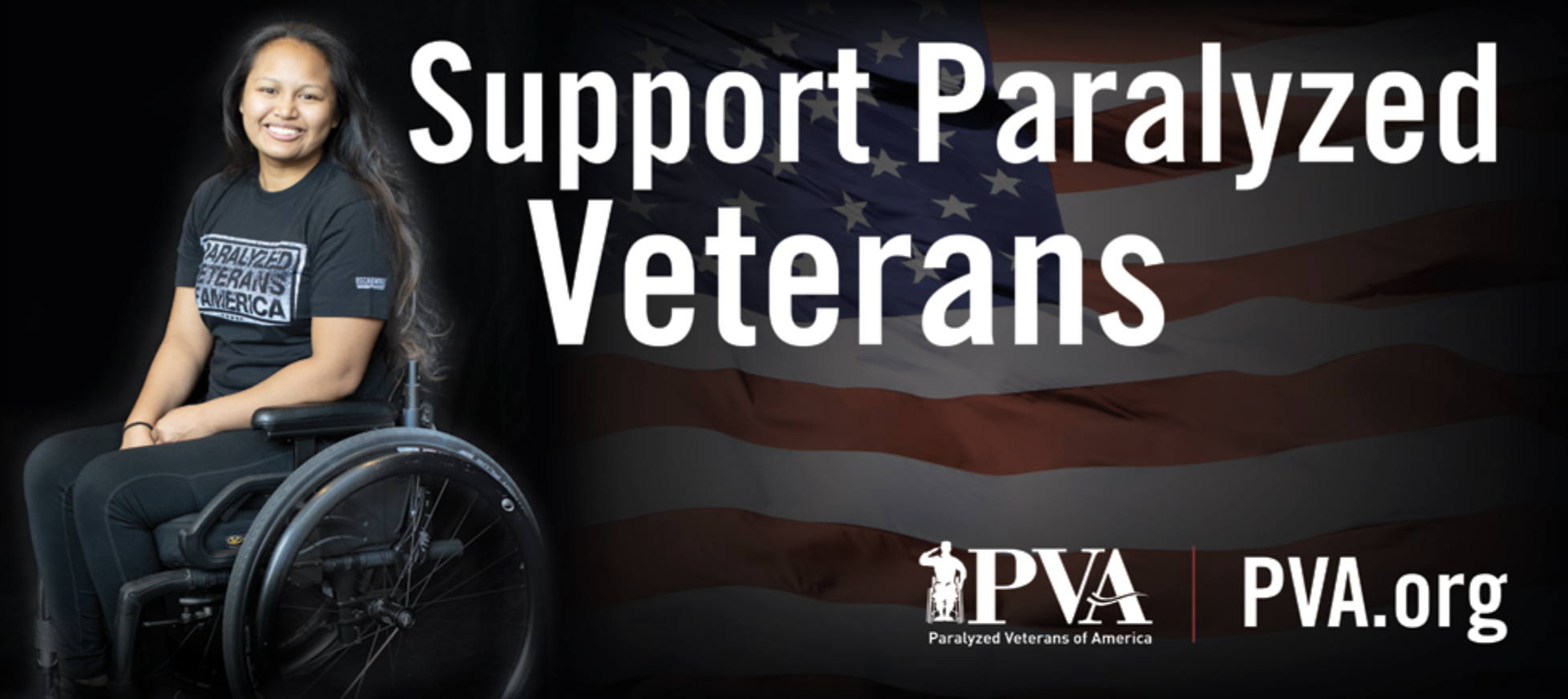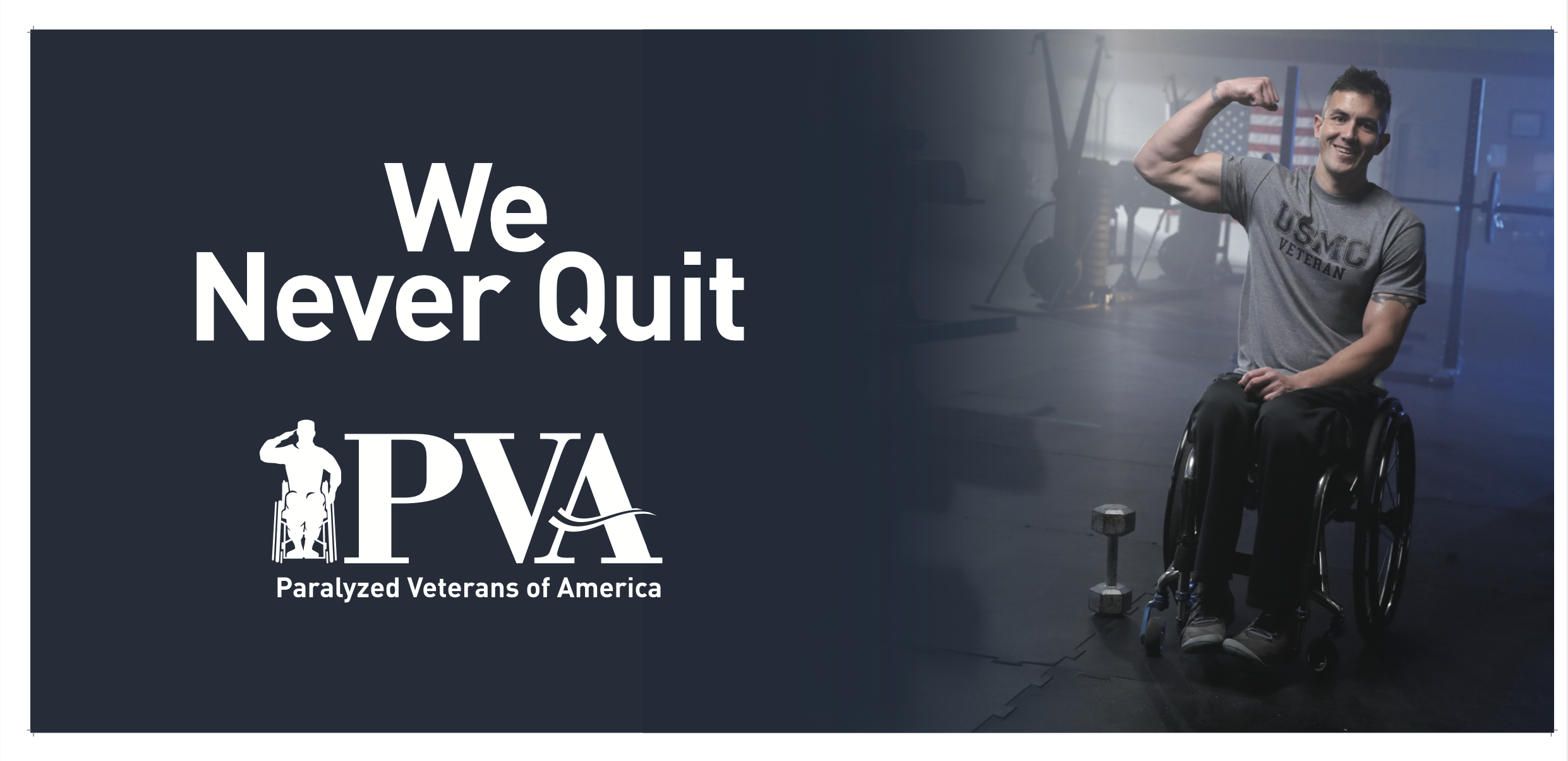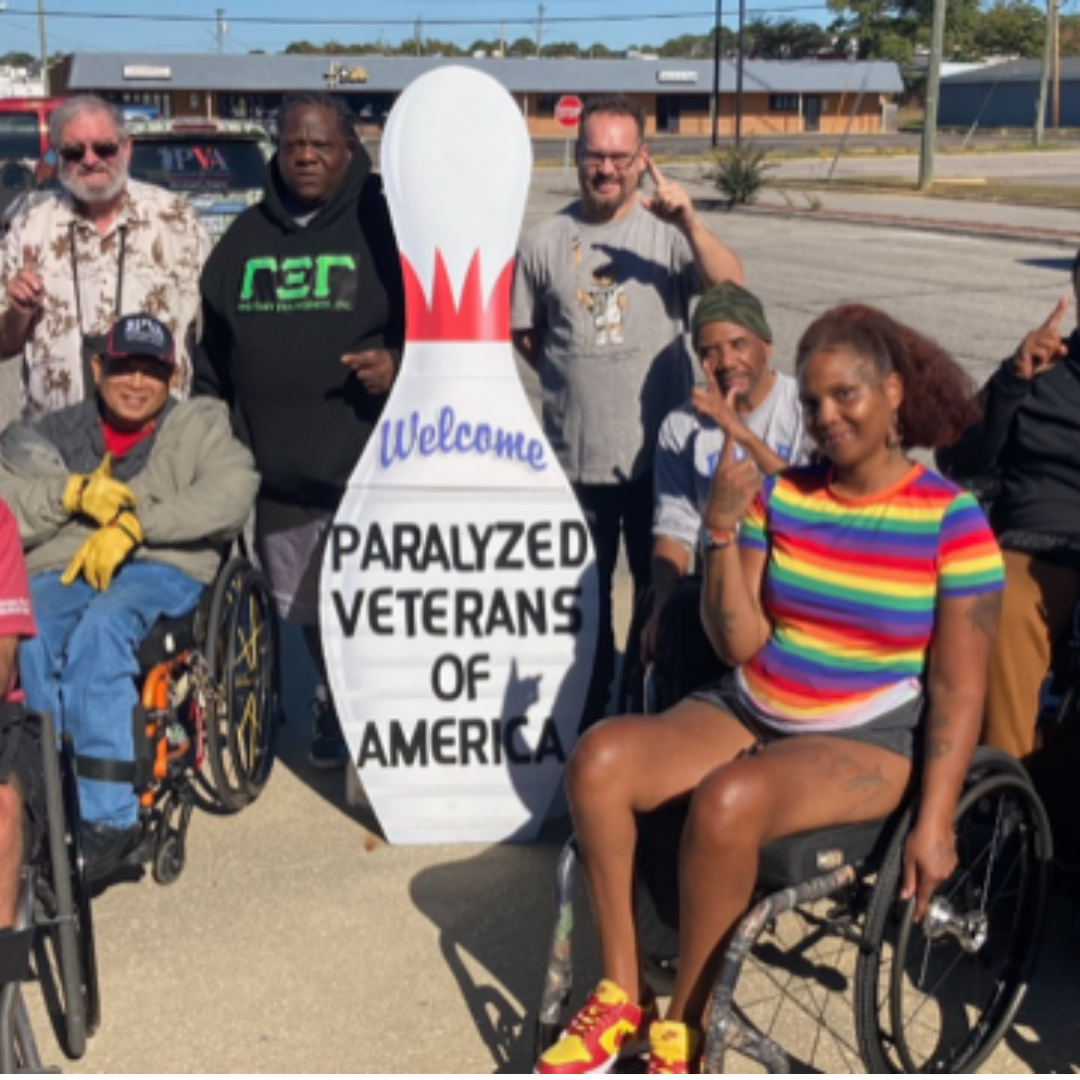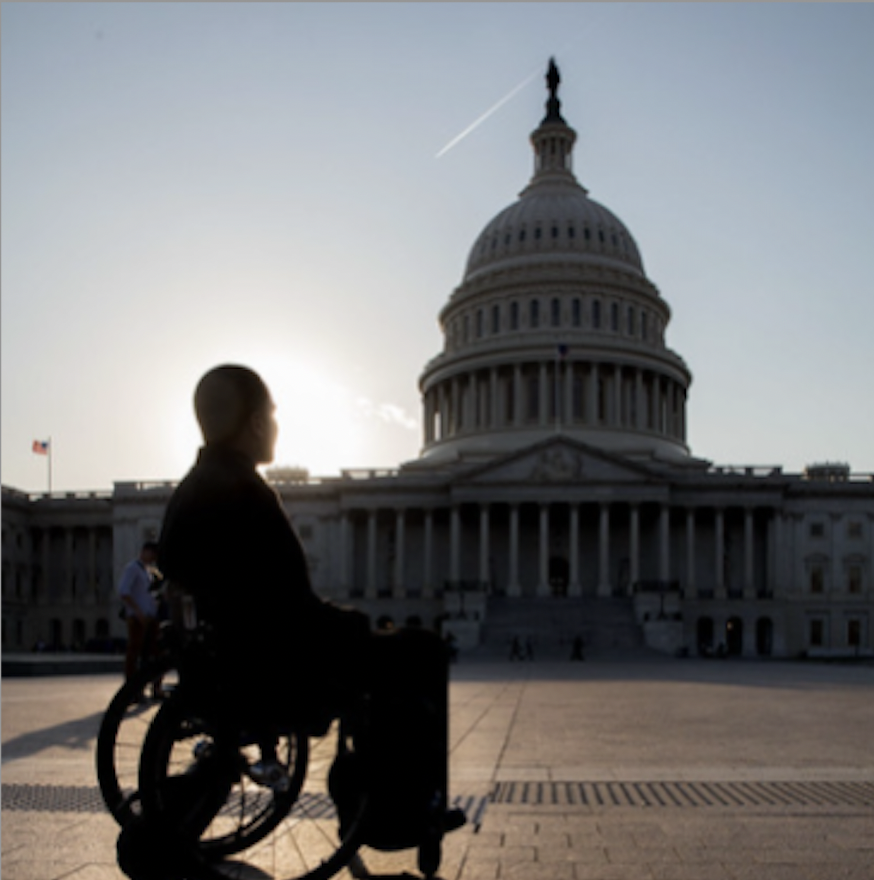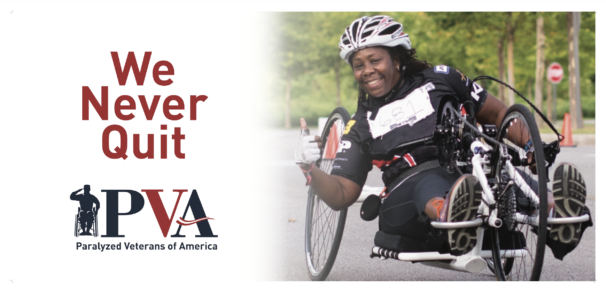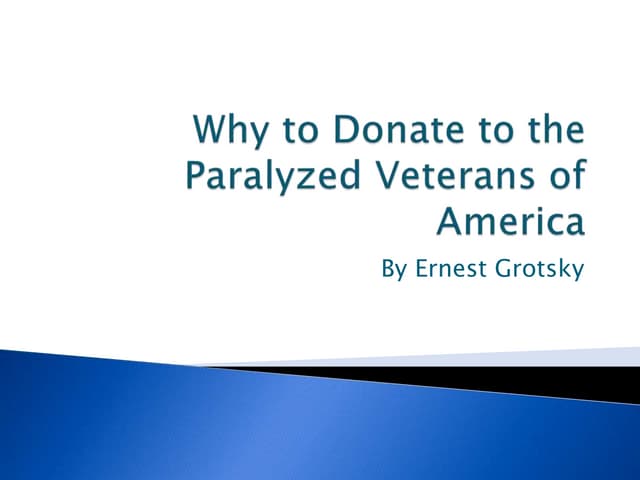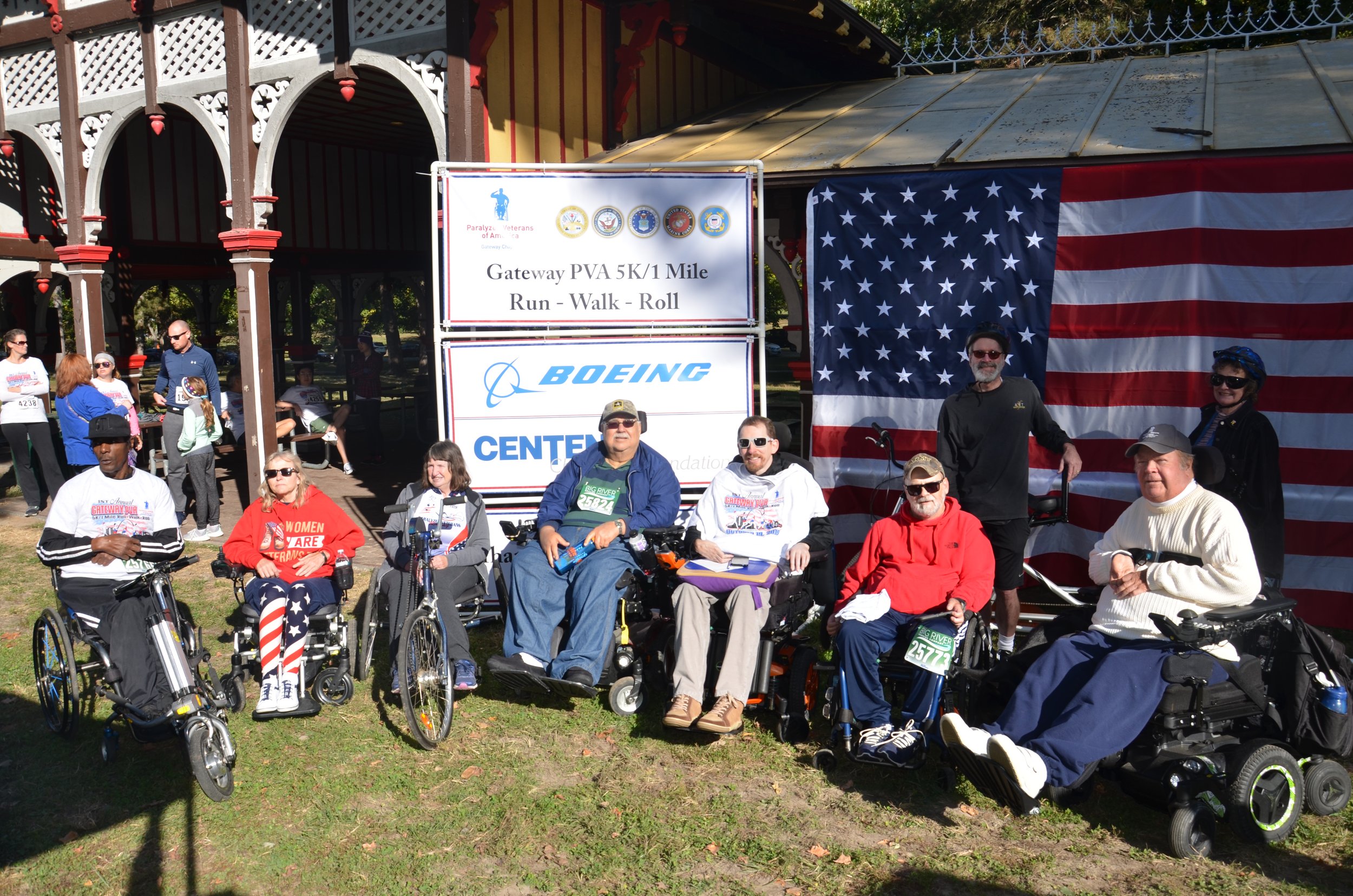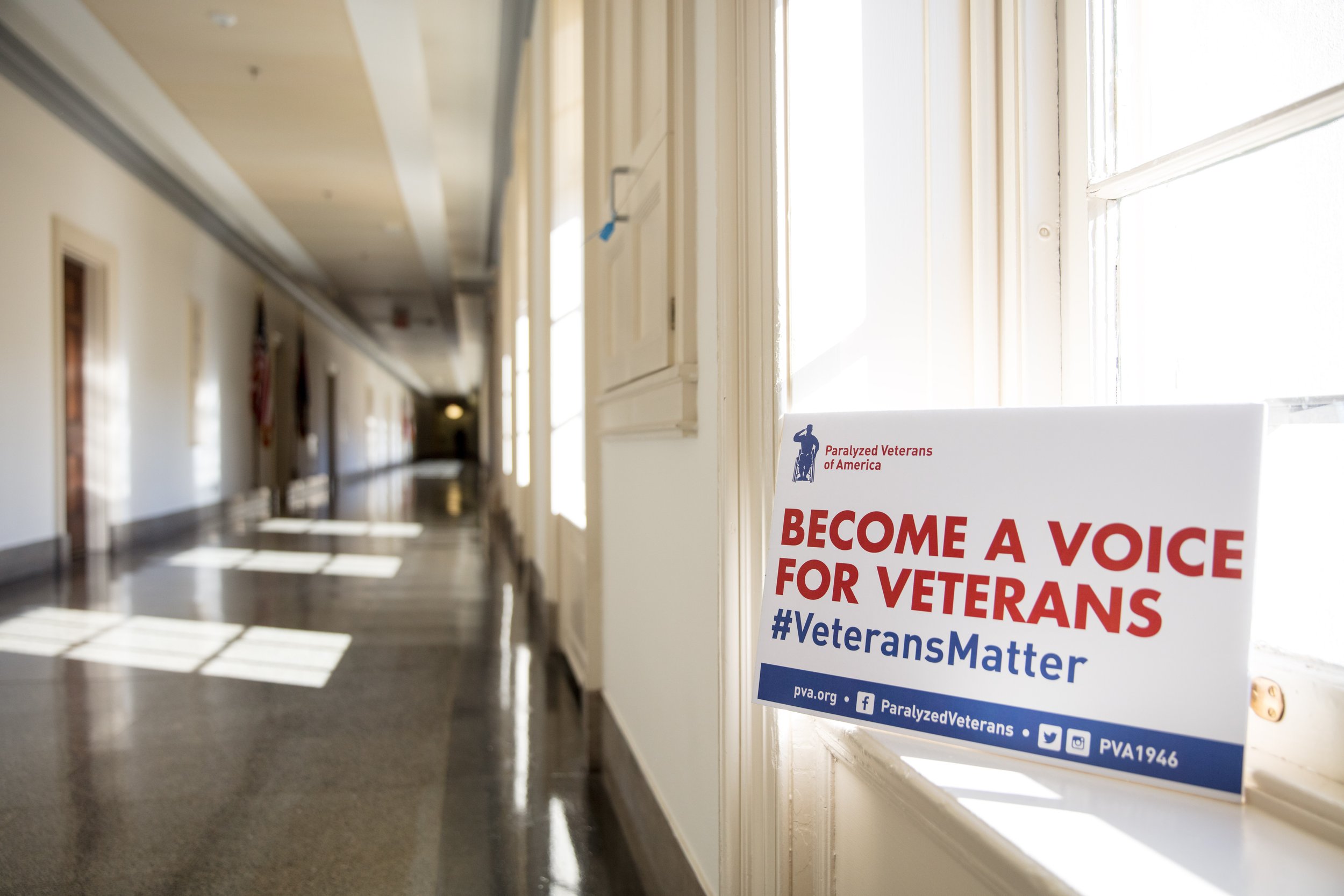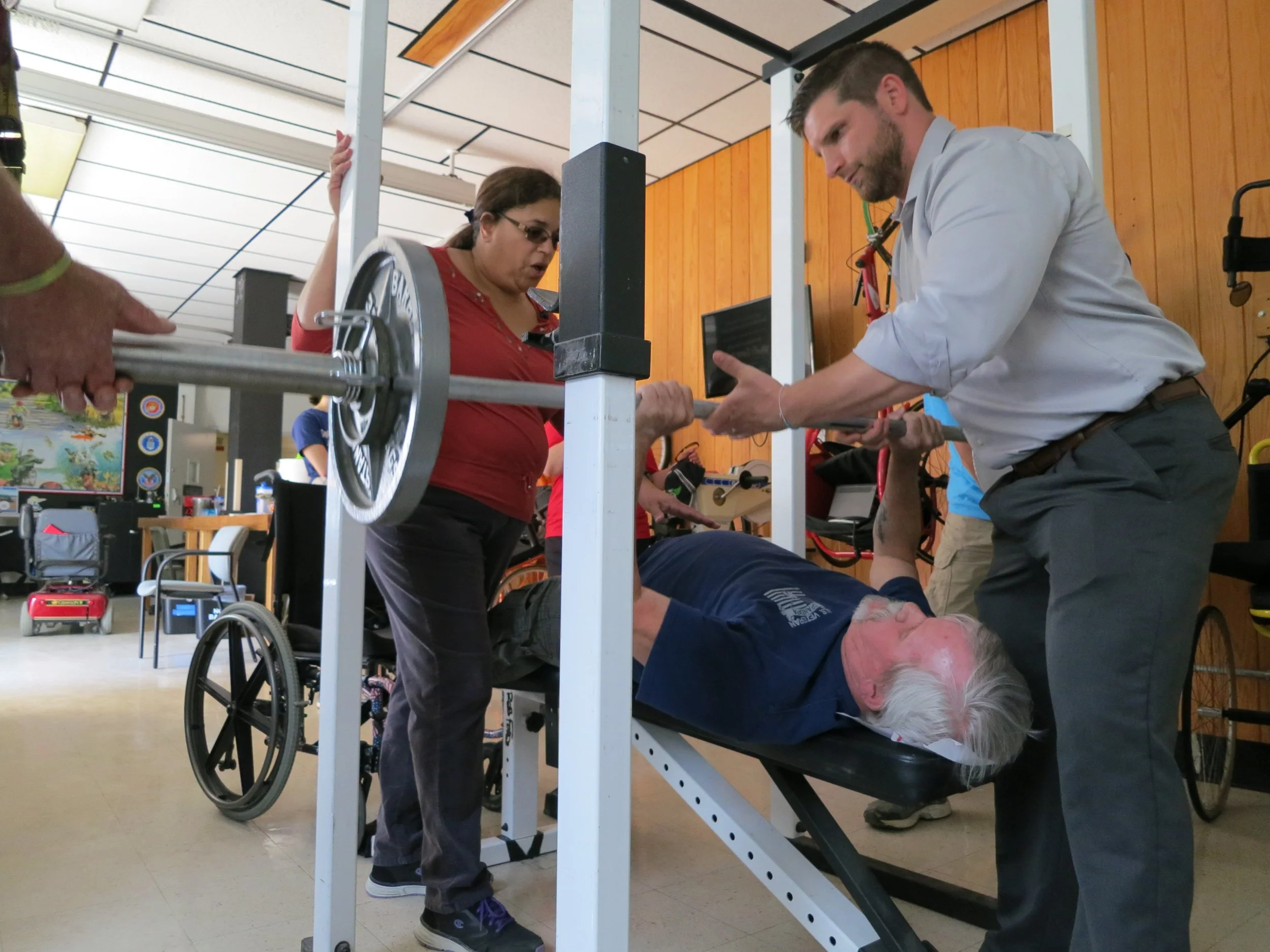Is Paralyzed Veterans Of America A Good Charity

The midday sun casts long shadows across the manicured lawn of the Veterans Affairs hospital. Inside, laughter echoes from a recreation room where a group of veterans are engaged in a spirited game of wheelchair basketball. Among them is a man named Sergeant Major (Ret.) Robert Smith, his eyes sparkling with competitive fire as he deftly maneuvers his chair, proving that life, even after paralysis, can be full of vibrant activity and camaraderie. Organizations like Paralyzed Veterans of America make moments like these possible, but the question remains: Is PVA a truly effective steward of its donors' generosity?
This article examines the Paralyzed Veterans of America (PVA), a prominent non-profit dedicated to serving veterans with spinal cord injuries and diseases. It delves into PVA's mission, programs, financial transparency, and impact, aiming to provide a balanced perspective on its effectiveness as a charity and whether it lives up to its promise of empowering paralyzed veterans.
A Legacy of Advocacy and Service
Founded in 1946 by a band of World War II veterans who returned home with devastating spinal cord injuries, the PVA emerged from a desperate need. These men faced not only physical challenges but also a society largely unprepared to accommodate their disabilities.
The PVA quickly became a powerful voice, advocating for accessible infrastructure, improved medical care, and equal opportunities for paralyzed veterans. Their efforts led to significant advancements in disability rights and accessibility standards across the United States.
Core Missions and Programs
The PVA's mission is multifaceted, encompassing advocacy, medical research, sports and recreation, and veterans' benefits assistance. These pillars form the foundation of its diverse programs aimed at enhancing the lives of paralyzed veterans.
Advocacy remains a central focus, with the PVA actively lobbying Congress and other government bodies to protect and expand veterans' rights. They champion policies related to healthcare, disability compensation, and accessibility.
PVA has a longstanding commitment to medical research, funding studies aimed at finding cures and improving treatments for spinal cord injuries and diseases. Their investments have contributed to advancements in areas like regenerative medicine and rehabilitation techniques.
The PVA's sports and recreation programs provide opportunities for veterans to participate in adaptive sports, fostering physical and mental well-being. From wheelchair basketball and handcycling to fishing and skiing, these activities promote camaraderie and a sense of accomplishment.
Navigating the complexities of veterans' benefits can be daunting, and the PVA offers expert assistance to veterans and their families. Benefits counselors provide guidance on accessing healthcare, disability compensation, and other resources.
Financial Transparency and Accountability
A crucial aspect of evaluating any charity is its financial transparency and accountability. How does the PVA manage its resources, and how much of its revenue goes directly to programs versus administrative costs?
According to its publicly available financial statements, the PVA allocates a significant portion of its revenue to program services. While administrative and fundraising expenses exist, the organization strives to maintain a balance that prioritizes direct assistance to veterans.
Charity Navigator, a reputable evaluator of non-profit organizations, provides ratings based on financial health, accountability, and transparency. The PVA generally receives positive ratings, indicating responsible financial management. It is important to note that these ratings can fluctuate year to year.
Donors can access the PVA's annual reports and financial statements on its website, allowing them to scrutinize how their contributions are being utilized. This level of transparency fosters trust and encourages informed giving.
Impact and Success Stories
Beyond financial metrics, the true measure of a charity's effectiveness lies in its impact on the lives of those it serves. The PVA has countless success stories that illustrate the transformative power of its programs.
Consider the story of Maria Rodriguez, a former Army medic who sustained a spinal cord injury in combat. With the PVA's support, she accessed specialized medical care, adaptive sports opportunities, and assistance in navigating her veterans' benefits. Today, Maria is a competitive wheelchair racer and an advocate for other disabled veterans, a testament to the PVA's empowering influence.
Or take the case of the Smith family, whose father, a Vietnam War veteran, was diagnosed with ALS. The PVA provided the family with essential resources and support, helping them navigate the challenges of this devastating disease. Their gratitude underscores the PVA's commitment to serving veterans and their families in times of need.
The PVA's advocacy efforts have also resulted in tangible improvements in accessibility standards, ensuring that public spaces and transportation systems are more inclusive for individuals with disabilities. These advancements have a ripple effect, benefiting not only veterans but also the broader community.
Addressing Criticisms and Challenges
Like any large organization, the PVA has faced its share of criticisms and challenges. Some have questioned the efficiency of its fundraising practices or raised concerns about the salaries of its top executives. It is vital to acknowledge and address these concerns.
The PVA has taken steps to improve its fundraising practices and ensure that its executive compensation is reasonable and competitive within the non-profit sector. They are committed to continuous improvement and accountability.
Another challenge facing the PVA is the evolving needs of the veteran population. As new generations of veterans return from service with different types of injuries and health concerns, the PVA must adapt its programs and services to meet these changing needs.
Despite these challenges, the PVA remains a vital resource for paralyzed veterans and their families. Its long track record of advocacy, research, and direct assistance speaks to its enduring commitment to serving those who have sacrificed for their country.
Conclusion: A Legacy of Hope and Empowerment
Is the Paralyzed Veterans of America a "good" charity? The answer, like many things, is nuanced. The PVA demonstrably makes a positive impact on the lives of paralyzed veterans through its advocacy, medical research, sports programs, and benefits assistance. While there may be areas for improvement in fundraising efficiency and executive compensation, the organization generally demonstrates financial responsibility and transparency.
Ultimately, the decision of whether to donate to the PVA rests with each individual donor. By carefully evaluating the organization's mission, programs, financial statements, and impact, donors can make informed choices that align with their values and philanthropic goals.
As Sergeant Major Smith pushes his wheelchair across the basketball court, a symbol of resilience and determination, he embodies the spirit of the PVA. It's a spirit of hope, empowerment, and unwavering commitment to serving those who have given so much. And in that spirit, the PVA continues to write its story, one of service and unwavering support.
